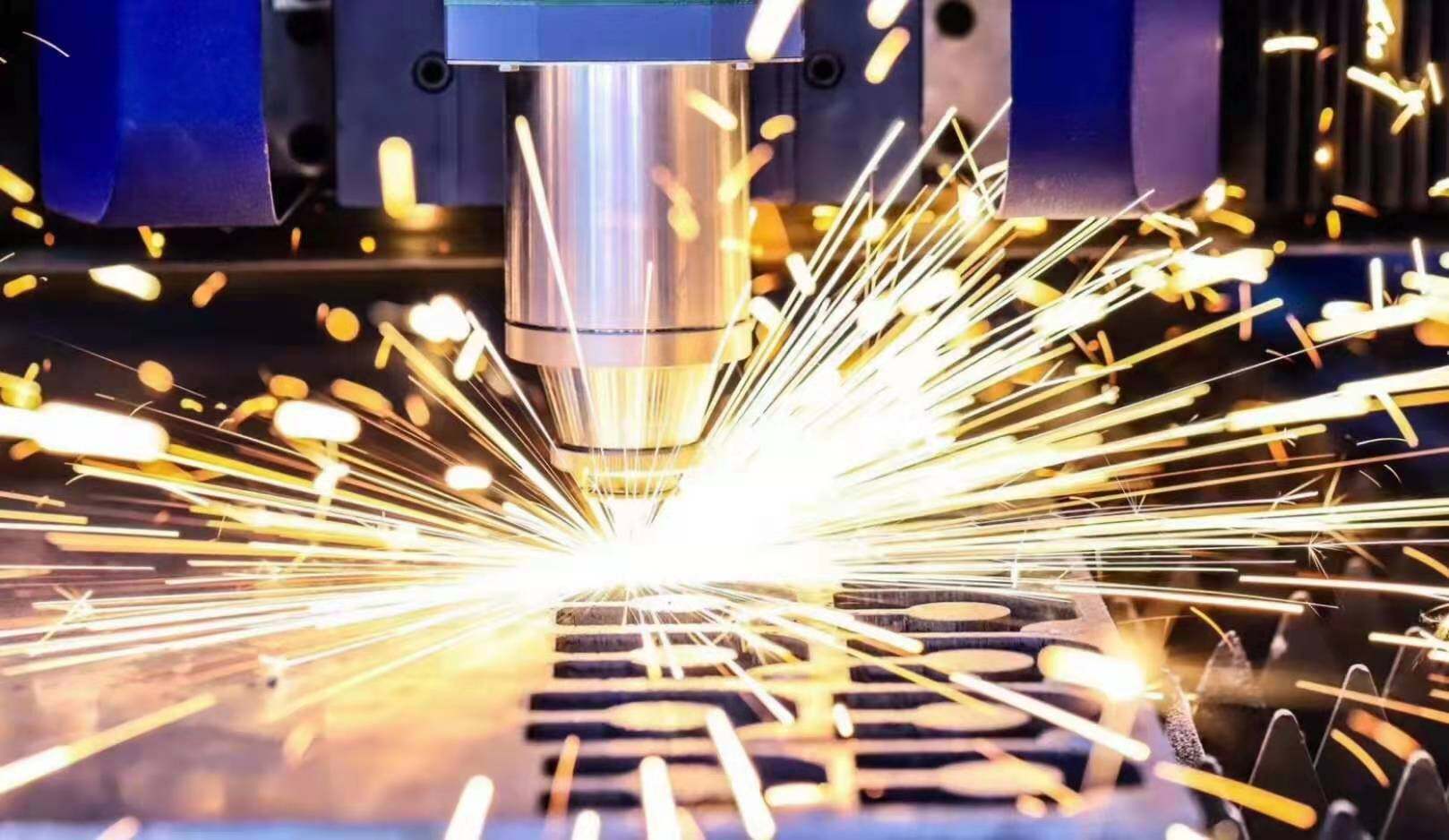E- בריוו פֿאָרמאַט טעות
emailCannotEmpty
emailDoesExist
pwdLetterLimtTip
inconsistentPwd
pwdLetterLimtTip
inconsistentPwd

נייַעס
How to Distinguish Between Carbon Dioxide Laser Cutting Machine and Fiber Laser Cutting Machine?
As the name suggests, carbon dioxide lasers use a mixture of gases based on carbon dioxide. This mixture, usually composed of carbon dioxide, nitrogen, and helium, is electrically excited to produce a laser beam.

Optical fiber vs carbon dioxide
Solid state lasers appear in the form of fiber or disk lasers, and their power levels are similar to carbon dioxide lasers. Like carbon dioxide lasers, the name of a fiber laser is determined by the laser active medium. In this case, it is a glass or crystal solid in the form of a fiber or disk.
In carbon dioxide laser, the laser beam is guided through the beam path through optical devices, while the beam of fiber laser is generated in the active fiber and guided to the cutting head of the machine through the transmission fiber. In addition to the laser medium itself, one of the key differences is its wavelength.
The laser wavelength of fiber laser is about 1 µ m, while that of carbon dioxide laser is 10 µ M. The wavelength of fiber laser is short, and the absorption rate is high when cutting steel, stainless steel, and aluminum. Higher absorption means less heat is generated in the processed material, which is certainly a positive attribute.
CO2 technology is an ideal choice for all-around players who process all kinds of materials and thick metal plates. On the other hand, the fiber laser cutting system can process the thickness range of plates from thin to thick, including steel, stainless steel, and aluminum, up to non-ferrous metals (copper and brass).
What are the advantages of a CO2 laser cutting machine?
The advantage of a CO2 laser lies in its cutting quality in thick steel (low carbon steel). On the other hand, fiber lasers have high cutting speed and low operating costs per hour. Fiber lasers require far less energy than carbon dioxide lasers, and their electrical efficiency is up to five times. More importantly, the beam path of fiber lasers is simpler. Another great advantage is that it occupies a more compact area. A fiber laser system with 8 to 10 kW laser power requires only about one-fifth of the floor area of a carbon dioxide laser system with the same power.
In recent years, fiber laser technology has developed rapidly. However, it is important to consider more factors than laser power and cutting speed. The success of sheet metal processing depends on a series of different individual factors, all of which revolve around a core problem. Even very high-performance machines are cost-effective only when their potential is fully tapped.
How to choose when buying a laser cutting machine?
These factors are very different. To be able to evaluate which machine is more suitable, people must first understand the expected application, not only to determine its requirements but also to determine its limitations. We should also consider potential new goals and other options. After all, buying a laser cutting system is a major investment, and this decision involves not only the machine itself. Purchase affects the whole production process, including labor, service and maintenance, consumables, and technical know-how.
Fiber lasers enable companies to speed up single process steps. However, this may make it necessary to automate loading and unloading, because otherwise, the machine will often be idle. After all, its operators cannot keep up.
The primary goal is clear: reduce costs while improving product quality and productivity. Achieve this goal by purchasing a new system that requires technology that may not be available within the company. The capacity and performance of the system must meet the requirements. If you invest a lot of money in fiber laser cutting systems, combined with complex material management solutions, you naturally expect to get a favorable return.
Searching for cnc laser cutting services near me, cnc laser cutting service, cnc laser alignment, plz feel free to contact us.

